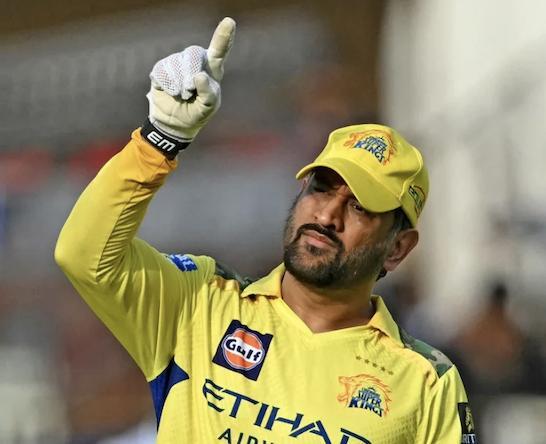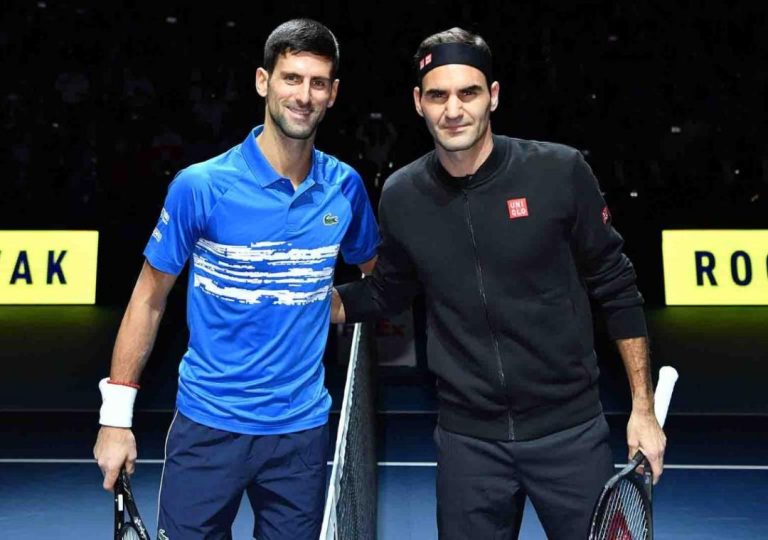
Most of Dhoni’s runs came when matches were out of reach: Aakash
MS Dhoni, the former Indian captain and current Chennai Super Kings (CSK) skipper, has been a stalwart of the Indian Premier League (IPL) for over a decade. With an impressive career spanning multiple seasons, Dhoni has consistently delivered on the field, leading his team to numerous victories and setting numerous records along the way. However, a recent observation by former Indian batter Aakash Chopra has sparked debate about Dhoni’s impact on the game, particularly in the CSK’s dismal IPL 2025 campaign.
According to Chopra, Dhoni’s runs have often come when the matches are already out of reach, rather than when his team needs a turnaround. Chopra analyzed Dhoni’s batting position over the last couple of seasons and found that the CSK captain has consistently batted at number seven or lower in every single innings. Moreover, he has batted at positions eight or nine about 45% of the time during this period.
While Dhoni’s ability to finish games and contribute runs when his team is in a comfortable position is undeniably impressive, Chopra’s observations raise questions about his impact on the game when it matters most. Is Dhoni’s batting position a reflection of the team’s strategy, or is it a sign of a lack of faith in the middle-order batsmen?
Dhoni’s batting average and strike rate have been a topic of discussion for some time now. While he has maintained an impressive average and strike rate throughout his career, his recent performances have been underwhelming. In the 2025 IPL season, Dhoni has managed only 145 runs in 10 matches, with a strike rate of just 112.84. His average has also dropped significantly, with the CSK captain averaging only 12.08 in the ongoing season.
Chopra’s observations are not without merit. When matches are already out of reach, Dhoni’s batting can be seen as a way to pad his stats and maintain his impressive averages. However, when the game is still in the balance, Dhoni’s lack of aggression and tendency to play defensively can be detrimental to his team’s chances of winning.
Moreover, Chopra’s analysis highlights the lack of faith the CSK management has in their middle-order batsmen. If Dhoni is consistently batting at number seven or lower, it suggests that the team’s batting order is not robust enough to support the top-order batsmen. This raises questions about the team’s selection strategy and the lack of opportunities being given to younger players.
Dhoni’s impact on the game is not limited to his batting alone. As a captain, he has always been known for his tactical acumen and ability to motivate his teammates. However, his leadership has been under scrutiny in recent seasons, with some critics arguing that he is not as effective as he once was.
The CSK’s dismal IPL 2025 campaign has only added fuel to the fire, with the team struggling to win matches and find consistency. Despite having a strong squad on paper, the team has failed to deliver, and Dhoni’s leadership has come under scrutiny.
In conclusion, Aakash Chopra’s observations about Dhoni’s batting position and impact on the game are thought-provoking. While Dhoni remains an exceptional batter and captain, his recent performances and batting position have raised questions about his effectiveness in the current era of T20 cricket. As the CSK look to turn their season around, they will need to consider their strategy and selection decisions, particularly with regards to Dhoni’s batting position.






